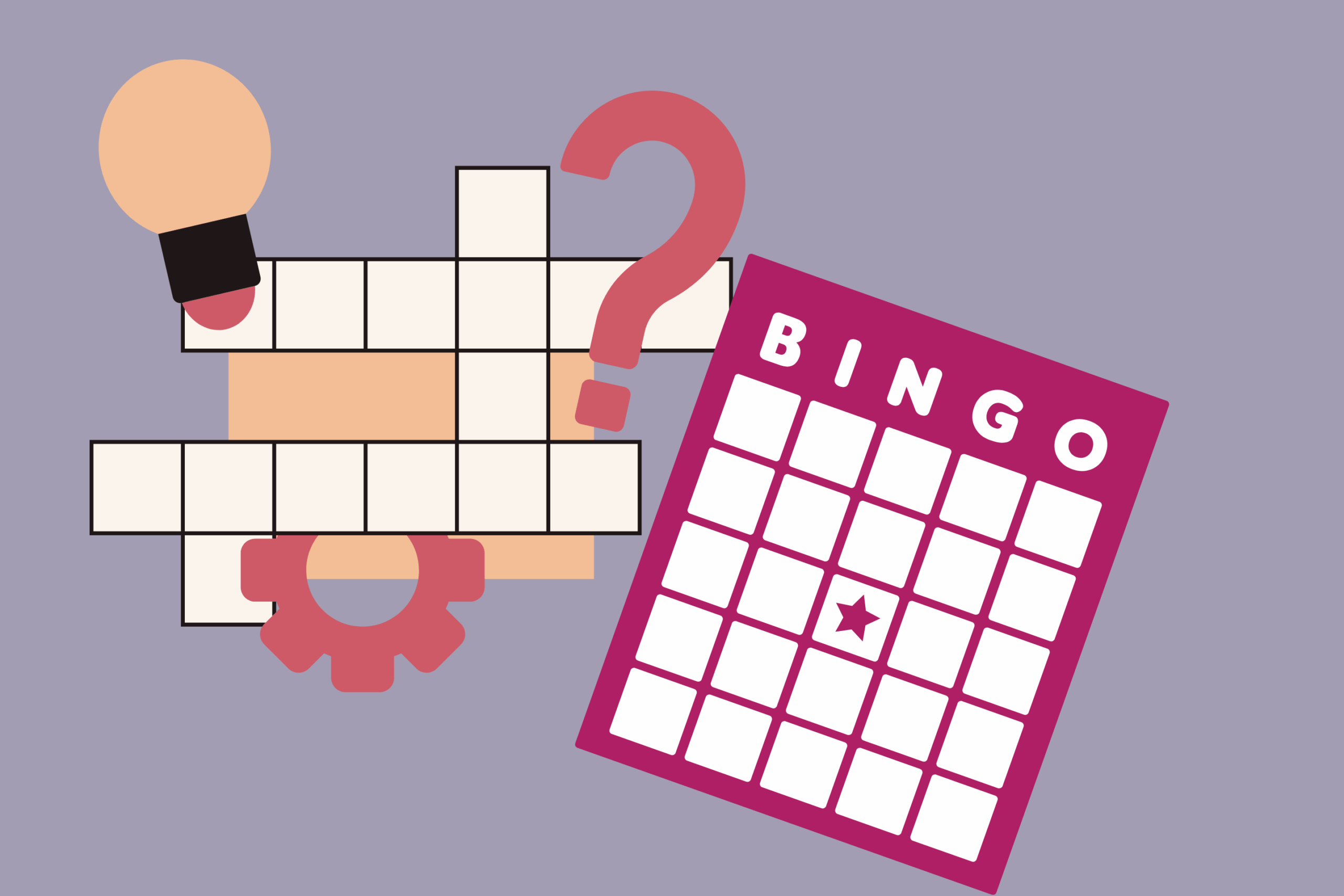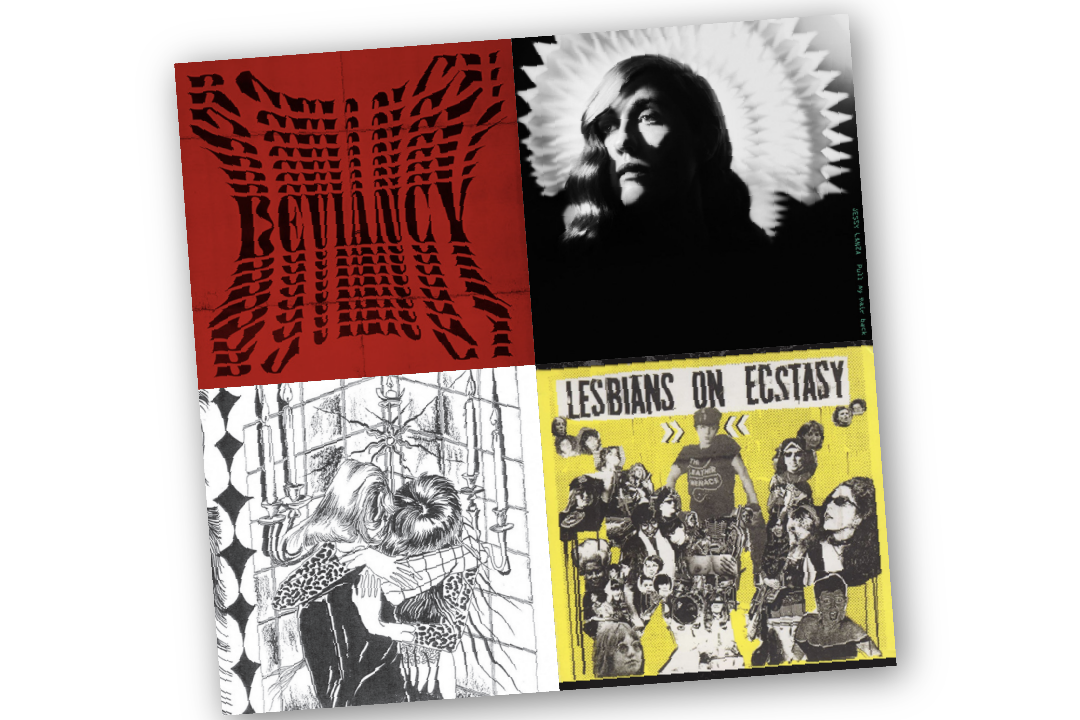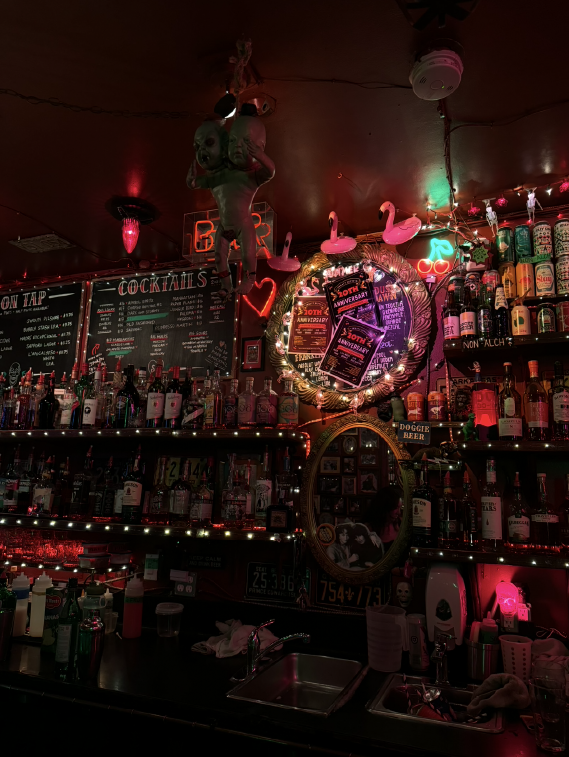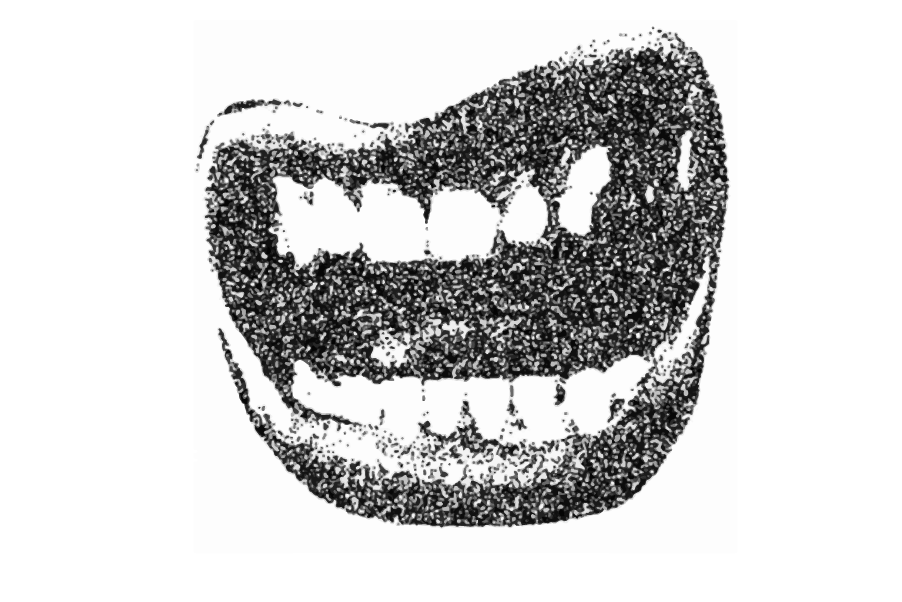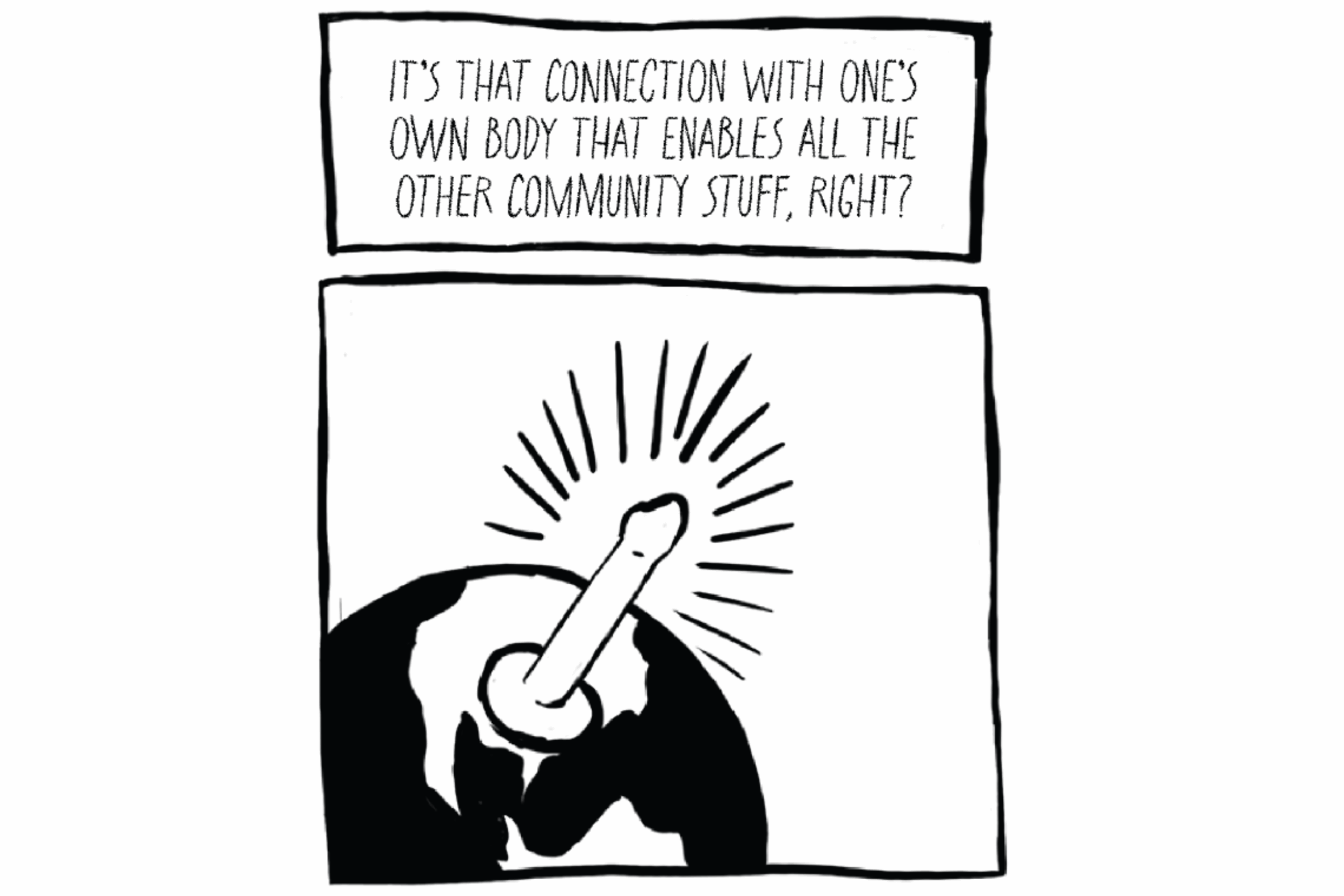The Palestinian poet’s words craft an important conversation on love and oppression

By Larayb Abrar
The knee-jerk reaction to seeing the title of Lena Khalaf Tuffaha’s recently published poetry collection is to register the words Something About Living and instinctively ask: what exactly would that be? Immediately, Tuffaha prompts her readers to examine the elusive day-to-day while drawing them into a central pillar of her poetry — “a communal conversation,” she says.
While reciting excerpts from her collection at the Toronto Palestine Film Festival in late September, she masterfully goes from describing the beauty of Amman, her hometown, to the grief of losing Palestine, her homeland. Her poetry — alive and nimble — responds to global events, scholars, her own inner world and even teachers she’s received grammar lessons from.
In conversation with herself and one of her favorite poets, she notes that the title of her latest collection is taken from the last lines of a poem she wrote in 2022 titled “Letter to June Jordan.” The final lines speculate about a life worth living as a result of taking poetry to a protest, but only after Tuffaha first crystallizes the relationship between violence in the heart of the American empire and its spillage abroad. She writes, “In Gaza we’re watching Ferguson and in Atlanta we’re watching Jerusalem watching Minneapolis […]. Their weapons and their training programs indistinguishable.”

The constellation she is weaving — of voices, of resistance, of living — becomes even clearer as the event continues. Painfully aware of the infinity loop between imperialism and capitalism, she invokes yet another scholar. “To be self-evident,” inspired by Edward Said, delivers a cutting verse — “every empire seems invincible/as its borders submerge, its manicured hillsides/incinerate between guaranteed/next-day deliveries.” Invincibility banked on capital, the poem posits, amounts to nothing when the land seemingly raises its own rebellion against the all-consuming empire.
As Tuffaha transitions into her next reading, she shifts her focus from imperialism’s physical destruction to its linguistic counterpart.
Before reciting “Fragments from a Sudden Crescendo,” Tuffaha paused and added, “A lot of the time, poetry is my polite place where I go to attack the language of journalism…because it is so devoid of humanity.”
The poem, she explained, was written in 2021 when Israeli troops were attacking Sheikh Jarrah in Jerusalem and launched an attack on Al Aqsa Mosque.
At the time, Tuffaha had read a news headline that described the military assault as “a sudden crescendo of violence.” It was ironic, she said, how the media had used a musical term to describe a heinous act of cultural annihilation.
Perhaps more fitting is a line from the poem, “Museumed graves/intone a call to prayer/for the living.”
In many ways, Tuffaha is shocked by the truth in her words. Many of her poems describing pain, loss, grief and violence in Gaza and the West Bank were written before Oct. 7, 2023 — a date she says many media outlets insist on using to mark the start of the conflict, as opposed to acknowledging the years of preceding oppression. And yet, when faced with the atrocities of the past year, she can’t help but notice how her own words “haunt” her, almost as though they were omens of what’s to come.
She ends her talk with a poem that she admits she often stumbles when reciting, it is a poem she has written just for herself.
“Love is also the father who plants an olive tree for every newborn, trusting they will grow up to harvest it,” she recited.
Her voice echoes in the room, “Love is the children we carry at the protest.”
A pause. And then, as though swallowing tears she lets out: “our people have taught me a million ways to love.”
There is indeed something about living that prompts the scrutiny of our circumstances — of language, power, oppression and our place in this imperial web of bullets and protests. But even more so, this something is the enduring ability to show up, to resist, to mourn, to identify injustice and to build community — just as Tuffaha has done across her poetry.

